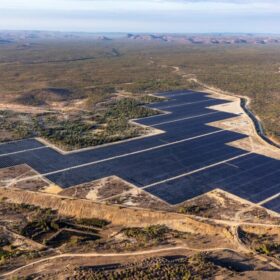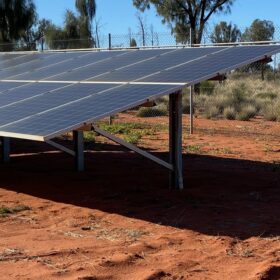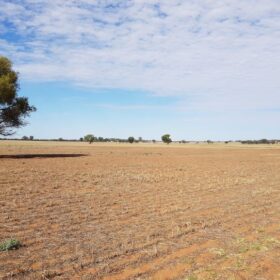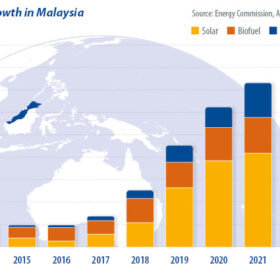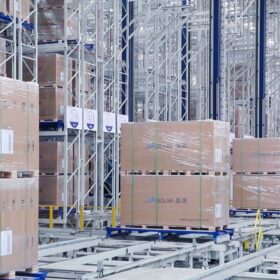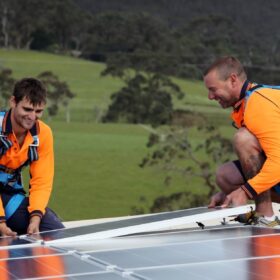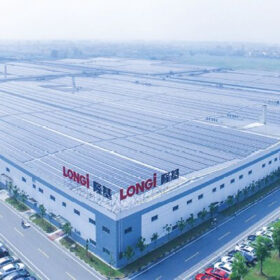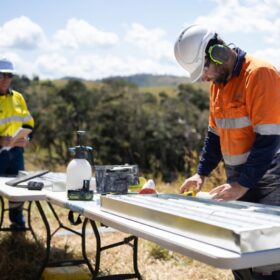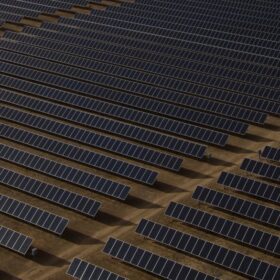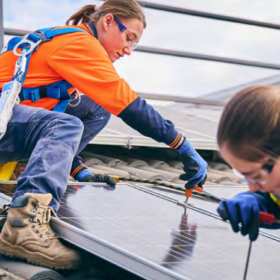Japanese utilities giant’s proposed takeover of Genex lands FIRB approval
Japanese energy utility J-Power’s proposed acquisition of Australian renewables and pumped hydro developer Genex Power has received Foreign Investment Review Board approval.
WA green lights first solar project under streamlined approvals process
Yindjibarndi Energy Corporation’s ambition to be a key player in Australia’s clean energy transition has received a boost with the Western Australian government fast tracking approval for a 150 MW solar project in the Pilbara.
Enel Green Power secures finance for NSW solar and storage project
The Quorn Park Hybrid Project, that will comprise an 80 MW solar farm and two-hour battery energy storage system, is expected to commence full operations in early 2026 with developer Enel Green Power Australia announcing the construction phase will begin within the next quarter.
Weekend read: Southeast Asian solar’s bright future
Ibrahim Ariffin and JP Grayda, from Afry Management Consulting, examine two promising ASEAN markets, the Philippines and Malaysia, and the challenges they face as they strive to hit renewable energy targets. The long-term outlook is broadly positive, despite some uncertainties.
JA Solar takes top spot on WoodMac’s list of PV module manufacturers
Wood Mackenzie says that JA Solar has taken first place on its list of solar panel manufacturers. Nine of the first 12 positions are held by Chinese manufacturers, seven of them could surpass 100 GW of capacity by 2027, and eight are self-sufficient in cell capacity, according to the research firm.
Indonesia targets more than 5.7 GW of rooftop solar by 2028
The Ministry of Energy and Mineral Resources in Indonesia has set a quota of 5,746 MW of rooftop solar to be deployed between 2024 and 2028. The Jakarta-based Institute for Essential Services Reform anticipates rooftop solar to be more commonly adopted by commercial and industrial consumers than residential users, following the abolishment of net-metering earlier this year.
CEC calls for new policies to support increased uptake of rooftop solar, home batteries
The Clean Energy Council is calling for a unified national strategy to “supercharge” the uptake of consumer energy resources including rooftop solar and home batteries in Australia, saying such a move would deliver more than $22 billion in savings and 18,200 extra jobs by 2050.
Longi denies rumors about factory closures in Southeast Asia
Chinese manufacturer Longi says it is not shutting down its factory in Malaysia, nor it is idling its production lines in Vietnam, but it acknowledges that it is implementing production adjustments at these facilities.
BE Power adds 9.6 GWh pumped hydro project to Queensland pipeline
Queensland’s pipeline of pumped hydro storage projects continues to grow with Victorian-based renewables company BE Power announcing plans to develop an 800 MW / 9.6 GWh project at Mount Alma near Gladstone.
IEA urges countries to accelerate renewables deployment
A new report from the International Energy Agency (IEA) suggests that the world could miss out on a target of 11,000 GW of global renewables capacity by the end of the decade, as agreed at COP28. It also predicts that solar will become the world’s largest source of installed renewable capacity, surpassing hydropower.
